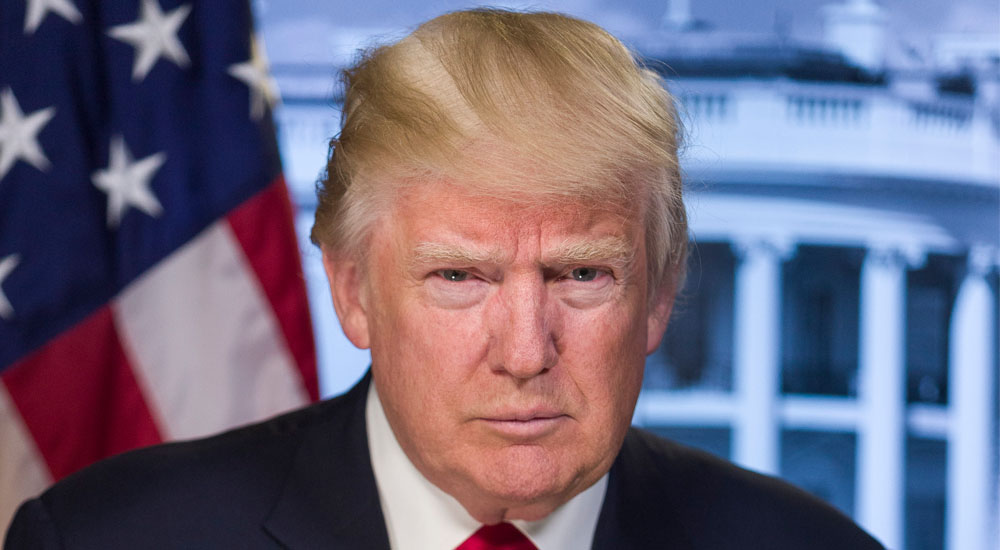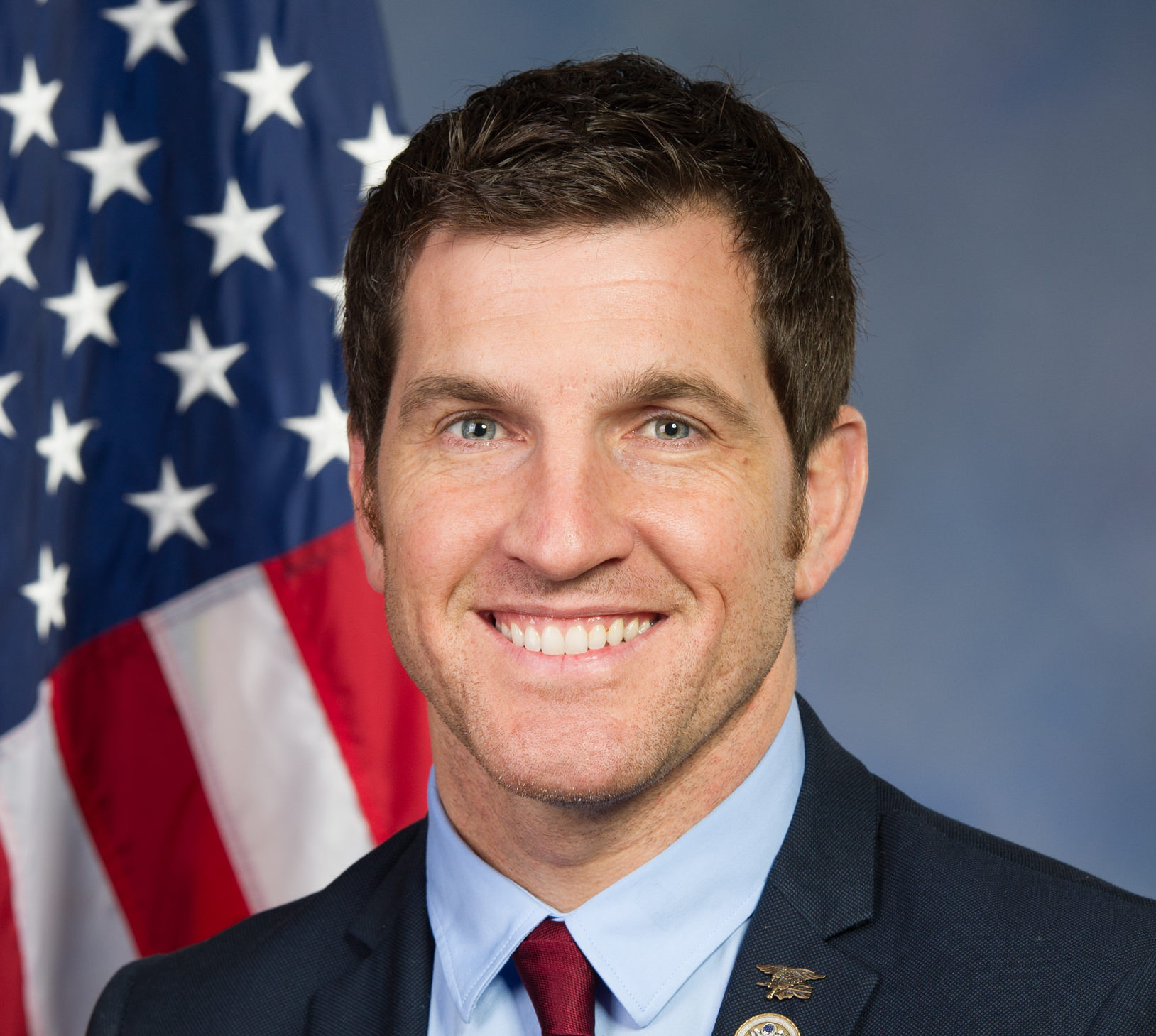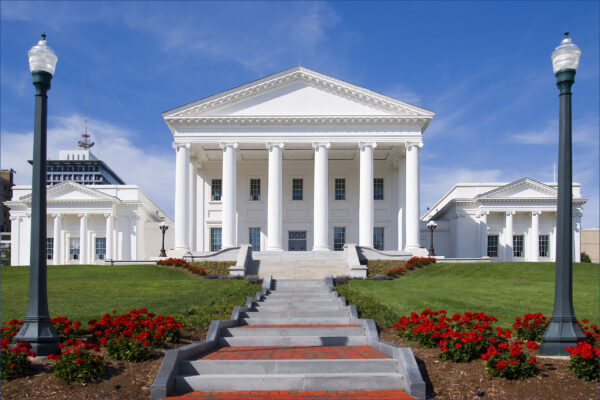First things first, let’s peel back some national level numbers. Writ large, former president Donald J. Trump’s re-election campaign is looking rock solid as we head into the dog days of summer.
In the seven battleground states, Trump leads in all. Trump +3 in Pennsylvania. Trump +2 in Michigan. Trump +2 in Wisconsin. Trump +8 in Georgia.
For Republicans writ large, the generic congressional ballot looks pretty darned good as well — R+1.1 according to Real Clear Politics. Trump continues to nurse his national lead, but bear in mind that even if Biden emerges with a one-or-two point edge, the Dems had that same kind of lead in 2016.
Look at how that turned out for them in Pennsylvania.
Then there’s the elephant in the room for most Democrats — Biden’s approval numbers, which are and remain the worst in modern presidential polling. Worse than Trump, worse than Obama, worse than Bush.
Direction of the country? Don’t ask — it’s bad.
Let’s tack on some of the anecdotal stuff as well. Comedians aren’t exactly dropping their liberal viewpoints and adopting the kung fu of Milton Friedman just yet, but when you lose guys like Bill Maher, Dave Chappelle, and Bill Burr? I don’t suspect any of them are pulling up their tent stakes and voting for Trump in November, but — to paraphrase the words of Tucker Carlson — the Democratic Party’s present positioning as the party of weak men and angry women isn’t just hurting their own base.
Democrats are even losing 18-25 year old men.
Of course, instead of tacking to the center, the rank-and-file leftists have effectively doubled down. Woke? That’s the new N-word. Dead Jews? Free Pahl-est-TEEN (just to sound empathetic in case you really can find Gaza on a map). Didn’t Earn It? Racist. Boxed in on an argument? January 6th.
Just don’t mention seven weeks of mostly peaceful protests, billions of dollars in property damages, 2,000 injured law enforcement officers, Hillary Clinton’s “not my president” temper tantrums, or Al Gore’s refusal to accept the outcome of the 2000 elections — eh?
So Is Virginia In Play (Or Not)?
Statewide, Hung Cao dominated the Virginia Republican Senate nomination. Personally, I had expected Eddie Garcia — who had worn out multiple pairs of boots canvassing the Commonwealth — to perform better. Yet the Trump endorsement matters in Virginia, and Cao’s resume is outstanding to off the page (sorry — TRS is indeed a fan of Hung Cao).
In VA-05, things are still up for a recount in what proved to be a nasty, bitter, and brutal primary contest between Rep. Bob Good and State Senator John McGuire — one where regional loyalties mattered. Yet once again, the Trump endorsement turned a 10-point deficit into a narrow victory. For whom remains anyone’s guess, but at present McGuire holds the edge (and barring any catastrophic errors, should maintain that win).
In VA-07, Democrat Eugene “Yevgeny” Vindman (yes — that Eugene Vindman) will be running against Derrick Anderson to replace outgoing Rep. Abigail Spanberger as she embarks upon her putative 2025 Virginia gubernatorial run. Vindman won the Democratic primary decisively; Anderson won his primary handily but with Cameron Hamilton squarely in the rearview mirror and gaining. While Anderson seems to be striking all of the right notes — echoing Ronald Reagan isn’t a bad start — Vindman is going to have gobs of national-level funders riding to the rescue to define the race (and his opposition) before the conversation begins.
Vindman — though a political neophyte — should not be taken for granted. The man is not a rabble-rousing speech maker, but is definitely a sober-minded and process-oriented Democrat of the liberal strain. In other words, not a lunatic. His only Achilles heel? His campaign manager… which, once the DCCC takes an interest in VA-07, will be put in the corner to watch how adults do business.
Can Hung Cao Defeat Tim Kaine?
The Virginia Senate race between Senator Tim Kaine (D-VA) and Hung Cao will be interesting from a Virginia perspective. Three questions need to be answered before we ask ourselves whether this is a serious race:
- Does Trump have a chance in Virginia? If you had $100 to place on it, most people would place it on the “no” category. Virginians may be used to being a battleground state when the candidates were Reagan and Bush, but as the GOP moves towards a more populist-centered and blue-collar values party? The center of gravity moves towards the Rust Belt and not the Beltway.
- If (1), then can Cao raise the money to introduce himself to the electorate? That involves millions spent on television and radio just to have a conversation against a well-financed senator who was also a former governor. Trump’s coattails are not enough.
- If (1) and (2), then can Kaine keep the torches and pitchforks at bay as Biden goes down in flames? We have seen rearguard actions before in Virginia — Allen in 2006 — go down hard in the face of national anger.
Then there is one additional wildcard. What if — and this is more if than what — Trump selects Youngkin as his VP nod?
Of course, you may have seen some percolation where Virginia might be in play and just might be put into the Trump column if only — IF ONLY! — Trump’s advisors were wise enough, smart enough, intelligent enough to put Youngkin on the ticket.
Consultants would make a killing, wouldn’t they?
The hard reality is that Youngkin doesn’t bring much to the table on a national level ticket for Trump. It is much more likely that Youngkin is aiming for a US Senate bid with a trajectory that puts him into national consideration in the future — though he would not turn down a VP slot if offered. Senator J.D. Vance (R-OH) or former Rep. Tulsi Gabbard (D-HI) add something to the ticket.
However. . . should Youngkin get the VP nod? Not only will it be on the Youngkin apparatus to deliver Virginia to the Republican column, but Hung Cao must follow suit as well. All of this against a Beltway-inspired fifth column, against Tim Kaine’s considerable war chest, against a national and state media apparatus not terribly disposed to a Republican resurgency, and to top it all off? Colleges and universities will be back in session, and the likelihood — not possibility — of violence from the political left remains high if not certain.
…AND YET.
Stack all of this up, and there remains a great deal of downhill running for Republicans.
One area that should scare the hell out of Democrats? Black voters coming back to the Republican Party.
When Ed Gillespie ran against Mark Warner in 2014, only 7% voted Republican. This brass ring for Republicans — a demographic first fumbled in the 1920s as “black and tan Republicans” fell out of favor only to be pushed to the margins in the 1950s as Barry Goldwater and anti-communism began to rise — is starting to come into view. Former Governor Jim Gilmore’s coalition saw black support rise as high as 20%, a number which if Republicans could ever retain that kind of support from a Jack Kemp-style GOP would make Republicans invincible for the next 20 years.
Trump’s support among black voters nationally? 27%.
Of course, how much of this is voting against the Democratic Party — the paternalistic insistence on DEI, the woke patronization, teaching kids the world is against them, the whole Critical Race Theory schtick which teaches folks to whine about victimization rather than go out and do awesome — vs. how much of this is voting for the Republican Party — <<FILL IN THE BLANK HERE>> — is anyone’s guess.
WHICH IS PRECISELY THE RIGHT ANSWER.
One of the great challenges the Tea Party presented to the Republican Party in 2009 was that we didn’t really know how to digest this influx of former Democrats turned populists. Gone were the days where they voted for Jim Webb. The existing fusionist majority just never quite figured out how to include them.
So we fought.
Fast forward to 2014 and the populists, and then the Trump majority. Conservatives still haven’t figured out how to play well with populists. Tea Party types do battle with the Trump faction (more of the “right” than conservative). The great “funding father” Richard Viguerie talks about the four-legged stool of the conservative movement — social conservatives, fiscal conservatives, national security hawks, and finally the populist right — but the legs are still a bit uneven.
Black Republicans Are Coming Home to the GOP
One of the great histories that has yet to be told is the birth of the Virginia Republican Party as a multicultural and multiethnic alliance of blacks, working class whites, industrialists, and the future vs. the old slaveholding Democratic “Jim Crow” era past.
For many years, Virginia Republicans were the resistance of the working class against the powers that be. No small wonder how our first governors — Holton, Godwin, Dalton — all pushed back against Democratic-led Massive Resistance in Virginia. It was Richmond Mayor Tom Bliley — a Democrat turned Republican by 1980 — who joined the charge to desegregate Richmond schools.
Virginia Democrats never quite changed their leadership in reaction to Massive Resistance. The same leaders remained in the House Speaker’s office. The same staff. The same lawyers. When “Boss Moss” was finally ejected by the up-and-coming Republican majority in the House of Delegates in 2000, the Virginia Democratic leadership remained ensconced, continuing to push forward candidates such as Mark Herring and Ralph Northam while stomping out progressive black voices such as Justin Fairfax.
As recently as 2022, Virginia Democrats had a man in Klan regalia as the head of their party and governor of Virginia. Only with the election of Speaker Don Scott did the continuity from the era of Massive Resistance truly end.
Black voters might carry an opinion of that.
The great task of the Virginia Republican Party over the next five years will be listening to black voters as they are welcomed back into their own party — a political party they helped to found on the premise and basis of human freedom. Black voters and black candidates will offer perspective and reminders as to why an economy should work — not just that it should work. Get ready for pro-education Republicans. Get ready for a party of entrepreneurship and opportunity. Get ready for a party focused on helping families and communities.
Get ready to be scolded a bit, too.
Yet here’s the thing: Jack Kemp used to go into black communities and — rather than scold and instruct — sat back and listened to what the business leaders needed in order to revitalize their own communities. Kemp’s pitch was simple. Democrats have been failing you and your families for decades. Give Republicans a try, and if we don’t do better by you and yours? Vote for the other guy.
Sounds like Trump’s pitch, doesn’t it?
It isn’t just black communities who are hearing this message and considering options at this rate. Hispanic voters are starting to come back to the GOP in numbers not seen since Bush 2004. College educated male voters are figuring it out. Young male voters are figuring it out. Only among college educated women over the age of 35 are Republicans losing.
Frankly, I’ve been ready for this kind of GOP for twenty years or more.
The only thing that will hold Virginia Republicans back at this rate is our own infighting — especially infighting fueled by outsiders who need us at sixes-and-sevens so they can win by three/four points.
Don’t let ‘em.
Just keep reminding our friends that whatever is working for the Rich Men North of Richmond isn’t working for any of us. 137 days until Election Day, folks.
Shaun Kenney is the editor of The Republican Standard, former chairman of the Board of Supervisors for Fluvanna County, and a former executive director of the Republican Party of Virginia.






